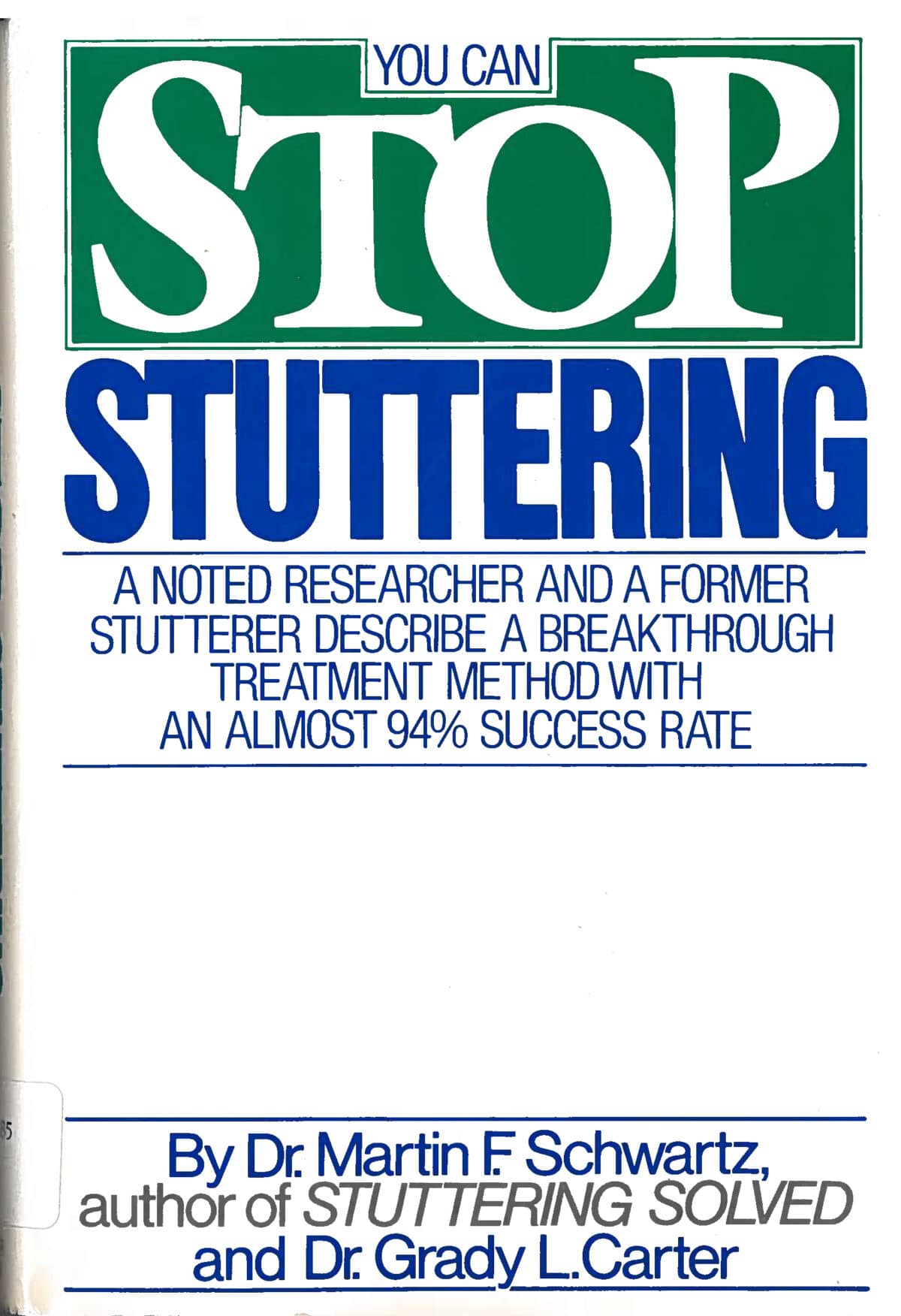Overcoming negative perceptions of D.O.s wasn’t the highest hurdle Grady Carter had to clear.
Grady Carter III, D.O.’72, FACA, has constructed a successful career and a full life. An anesthesiologist and now clinical medical director at several plasma centers in Dallas/Fort Worth, he also is a former Air Force major and past clinical in- structor, horsemanship instructor and author.

He has several impressive “firsts” as an osteopathic physician, too. He was the first D.O. to complete an anesthesiology internship in the Air Force and the first to be an active member of the U.S. Air Force Hyperbaric Medicine Team. He was the first D.O. elected to the Tarrant County, TX, Medical Society Board, the first selected as a delegate to the Texas Medical Association from his district, and the first in an elite group of physicians who staff Fort Worth’s annual South- western Exposition and Livestock Show and Rodeo.
He also was the first D.O. to be granted full staff privileges at Harris Methodist Hospital in Fort Worth, where, in the late 1970s, “they didn’t like D.O.s at all,” he says. Even though his first case was a success – assisting with a premature infant’s emergency heart surgery on a Christmas night when no other anesthesiologists could be reached – he wasn’t put on a surgery schedule.

“So what I did was I put my scrubs on, went to the surgical lounge and when a surgeon came in, I stuck my hand out and said, ‘I’m Dr. Grady Carter and I specialize in nights, weekends and holidays.’ From marketing myself like that, I gained quite a big practice.”
Yet Carter had an even tougher challenge to tackle – a debilitating stutter he wrestled with for more than three decades. He occasionally possessed fluency, as he did during his interview at DMU, but those times were frustratingly fleeting.
“As a child, I never knew myself not to stutter, not to suffer the fear, the tension, and the humiliation of stuttering…Never was there a moment when I did not dread the next spoken word,” he states in the 1986 book, You Can Stop Stuttering, which he co-authored with Dr. Martin Schwartz, founder and executive director of the National Center for Stuttering. “For me, overcoming stuttering was a crippling, agonizing struggle, a war littered with battles that first had to be recognized, then confronted and ultimately won. I won.”
That victory resulted from Carter’s hard work and determination. After years of unsuccessful speech therapy, he decided to seek help when he realized his stutter often created anxiety among patients whom he was going to anesthetize. He was on a break in the surgical lounge when he happened to see an article in the Dallas Morning News about Schwartz and stuttering. Carter already had read Schwartz’s first book, Stuttering Solved, and soon enrolled in his future co-author’s workshop in Austin.
When stressed, stutterers tend to excessively tense the muscles of their vocal cords, causing them to lock up. Once stutterers begin anticipating troublesome words or sounds, they tense even more, further tightening their vocal cords and blocking air flow. Schwartz taught an air-flow technique that subtracts tension from the vocal cords before a person speaks.
“Being an anesthesiologist, I knew all about the muscles of the larynx, so that made perfect sense to me,” Carter says. “The speech therapy world always treated the manifestations of the block and not the block itself. It’s breaking the laryngeal spasm.”
He practiced the technique and wore the button Schwartz had given participants that stated, “I occasionally stutter; therefore, I am talking slowly these days,” which invited questions. He made a contract with hospital colleagues that if they ever heard him stutter, he’d give them $10. He even contacted the medical reporter at the Fort Worth Star-Telegram to share his story; after the article published, he received so many phone calls that he organized a seminar at Texas Christian University led by Schwartz.
“The crowning achievement for me was when I was able to stand on a podium before five hundred people, give a relaxed, fluent welcoming speech, and introduce Dr. Schwartz,” Carter states in You Can Stop Stuttering. “In my wildest imagination, I had never thought I would be able to do that.”

